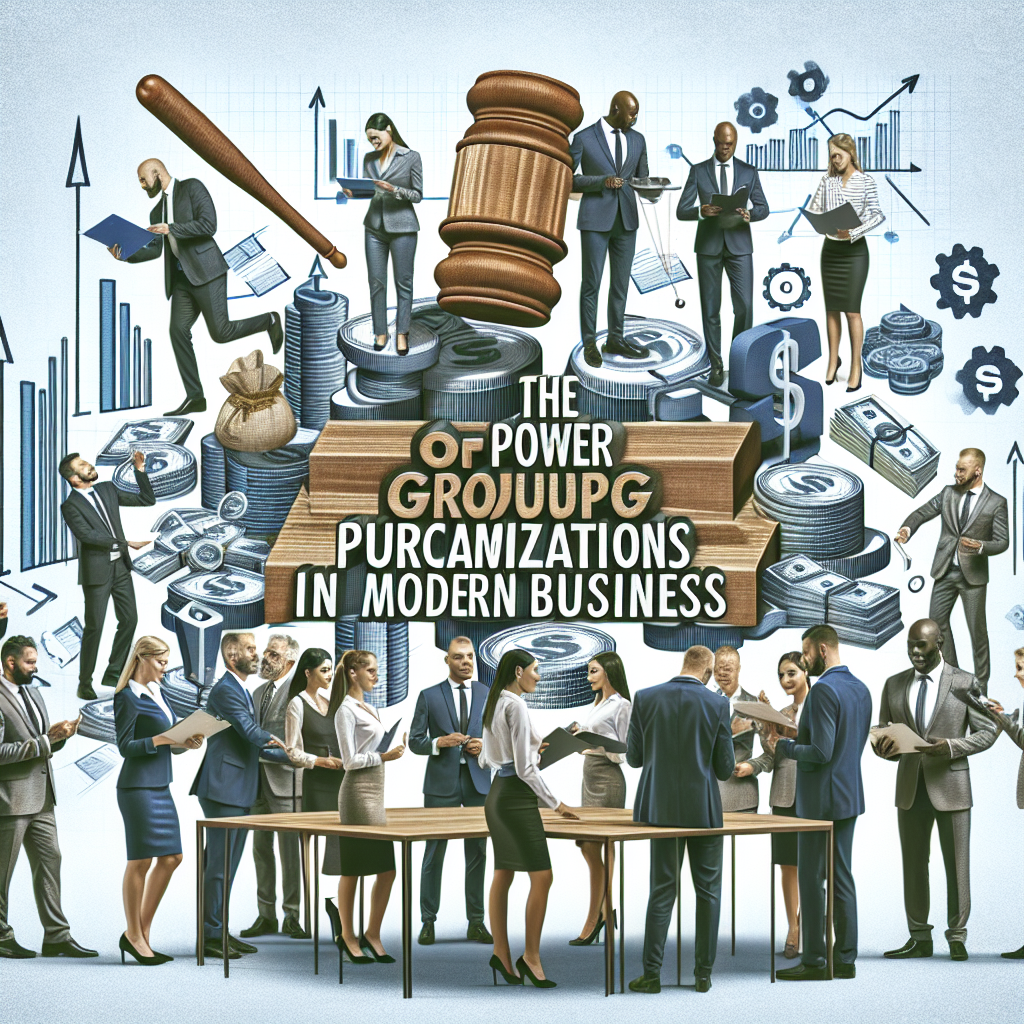Supplier market dynamics play a crucial role in the success of any business. Understanding the ever-changing landscape of supplier market dynamics is essential for companies to stay competitive and meet the demands of their customers. This article will explore the impact of globalization, technology, consumer behavior, sustainability, and ethical practices on supplier market dynamics. It will also discuss how businesses can adapt to these changes to navigate the future of supplier market dynamics.
The Impact of Globalization on Supplier Market Dynamics
Globalization has significantly impacted supplier market dynamics. With the increasing interconnectedness of the global economy, businesses are now sourcing their products and services from suppliers all over the world. This has led to a more competitive and complex supplier market, as companies have access to a wider range of suppliers and must navigate different regulations, cultural differences, and supply chain challenges. Additionally, globalization has also led to increased pressure on suppliers to deliver products and services at lower costs, while maintaining high quality and ethical standards. As a result, businesses must carefully consider the impact of globalization on their supplier market dynamics and develop strategies to effectively manage their global supply chains.
Furthermore, globalization has also led to the rise of new markets and opportunities for businesses. As companies expand into new regions, they must adapt to the unique supplier market dynamics of each location. This may involve building relationships with local suppliers, understanding cultural nuances, and navigating different regulatory environments. By understanding the impact of globalization on supplier market dynamics, businesses can better position themselves to take advantage of new opportunities while mitigating the risks associated with global sourcing.
Technology’s Influence on Supplier Market Dynamics
Technology has revolutionized supplier market dynamics in recent years. The advent of digital platforms, e-commerce, and advanced supply chain management systems has transformed the way businesses interact with their suppliers. These technological advancements have enabled greater transparency and efficiency in supplier relationships, allowing businesses to track and manage their supply chains in real-time. Additionally, technology has also facilitated the rise of new business models, such as dropshipping and on-demand manufacturing, which have further disrupted traditional supplier market dynamics.
Moreover, technology has also empowered suppliers to innovate and improve their processes, leading to greater product customization, faster lead times, and lower costs. This has created new opportunities for businesses to collaborate with their suppliers to develop innovative products and services that meet the evolving needs of their customers. However, technology has also introduced new challenges, such as cybersecurity risks and the need for businesses to constantly adapt to new digital tools and platforms. By embracing technology and understanding its influence on supplier market dynamics, businesses can leverage these advancements to gain a competitive edge in their supply chain operations.
The Role of Consumer Behavior in Shaping Supplier Market Dynamics
Consumer behavior plays a significant role in shaping supplier market dynamics. As consumer preferences and demands evolve, businesses must adapt their supply chains to meet these changing needs. For example, the rise of e-commerce has led to increased demand for fast and reliable shipping, prompting businesses to work closely with their suppliers to optimize their logistics and fulfillment processes. Additionally, consumers are becoming more conscious of ethical and sustainable practices, leading businesses to prioritize suppliers that adhere to responsible sourcing and production standards.
Furthermore, consumer behavior also influences product innovation and customization, as businesses seek to offer unique and personalized products that resonate with their target audience. This requires close collaboration with suppliers to develop new materials, technologies, and manufacturing processes that align with consumer preferences. By understanding the role of consumer behavior in shaping supplier market dynamics, businesses can better anticipate and respond to changing market trends, ultimately enhancing their competitiveness and customer satisfaction.
The Rise of Sustainability and Ethical Practices in Supplier Market Dynamics
The rise of sustainability and ethical practices has had a profound impact on supplier market dynamics. As consumers become more environmentally and socially conscious, businesses are under increasing pressure to ensure that their supply chains adhere to responsible and ethical standards. This has led to a growing demand for sustainable sourcing, fair labor practices, and transparent supply chain management. As a result, businesses are now seeking out suppliers that prioritize sustainability and ethical practices, leading to a shift in supplier market dynamics.
Moreover, businesses are also recognizing the long-term benefits of sustainable and ethical sourcing, such as improved brand reputation, reduced risk of supply chain disruptions, and cost savings through resource efficiency. This has prompted many companies to integrate sustainability into their supplier selection criteria and collaborate with their suppliers to implement responsible practices throughout their supply chains. By embracing sustainability and ethical practices in supplier market dynamics, businesses can not only meet the expectations of their customers but also contribute to positive social and environmental impact.
Adapting to the Ever-Changing Landscape of Supplier Market Dynamics
Adapting to the ever-changing landscape of supplier market dynamics requires businesses to be proactive and agile in their approach. This involves staying informed about global trends, technological advancements, consumer behavior, and sustainability practices that impact supplier market dynamics. Businesses must also foster strong relationships with their suppliers, communicate openly about their expectations and requirements, and collaborate on strategies to address challenges and opportunities in the supply chain.
Furthermore, businesses should invest in robust supply chain management systems that provide visibility into their entire supply chain, from sourcing to delivery. This enables businesses to identify potential risks, optimize their operations, and make informed decisions that enhance their competitiveness. Additionally, businesses should continuously evaluate their supplier relationships, seeking out new opportunities for collaboration and diversifying their supplier base to mitigate risk.
Navigating the Future of Supplier Market Dynamics
In conclusion, understanding the importance of supplier market dynamics is essential for businesses to thrive in today’s global economy. The impact of globalization, technology, consumer behavior, sustainability, and ethical practices has reshaped the way businesses interact with their suppliers. By embracing these changes and adapting to the ever-changing landscape of supplier market dynamics, businesses can position themselves for success in the future. This requires a proactive approach that involves leveraging technology, prioritizing sustainability and ethical practices, and fostering strong relationships with suppliers. Ultimately, navigating the future of supplier market dynamics requires businesses to stay informed, agile, and collaborative in their approach to supply chain management.





